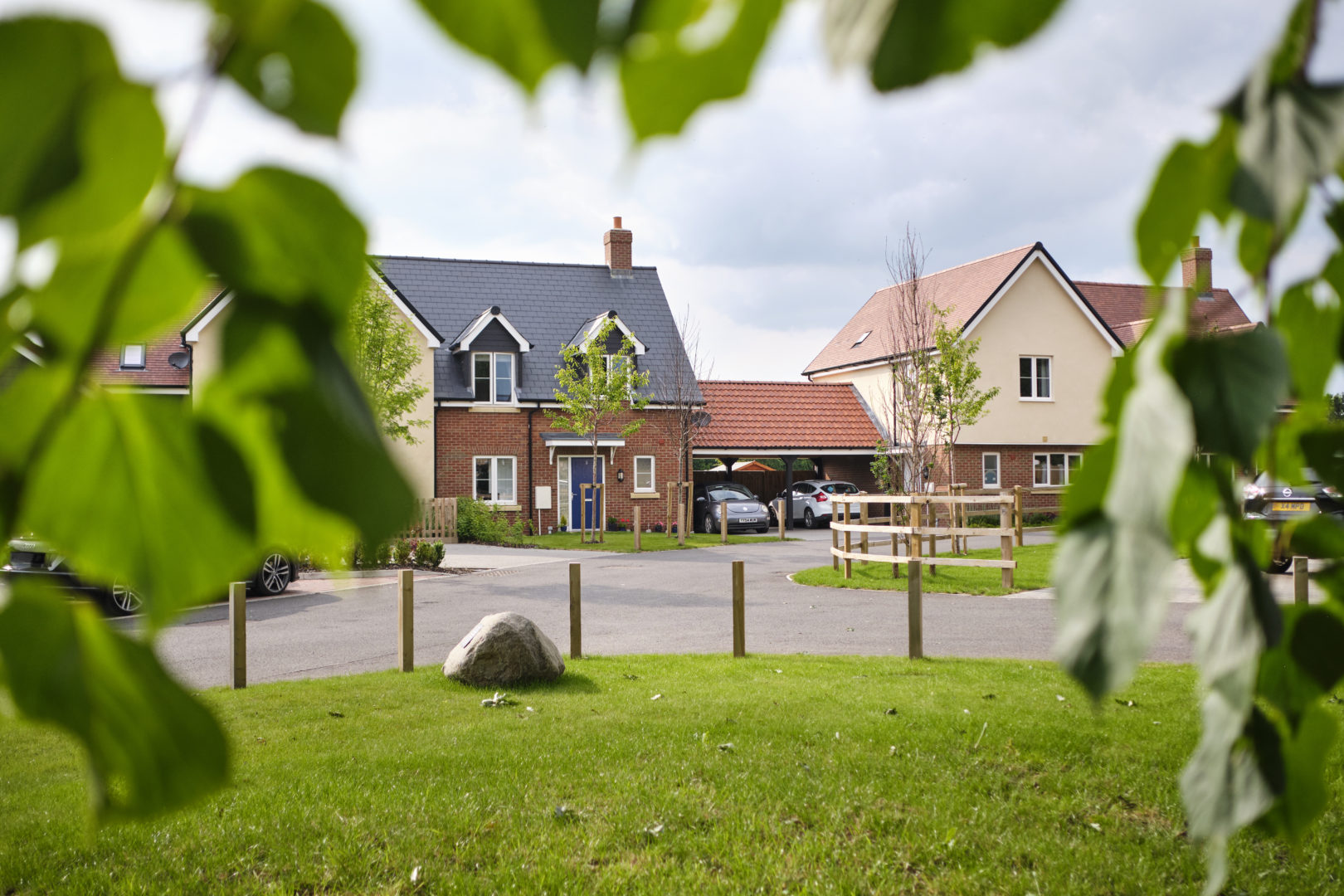Responding to an application and organising a campaign

How to access planning applications
All applications are published on each local council’s website. They can be searched for by number, if known, (each application has a unique number), address, name of location or post code.
Types of application
An outline application is for ‘in principle’ permission, covering the basic requirements (in particular, access). Any detailed matters (such as, for example, housing layout) are termed ‘reserved matters’, which have to be dealt with in a subsequent full application.
Full applications are accompanied by a substantial number of supporting documents to justify the application. They should describe, with up-to-date information:
- the location and size of the development
- how it will function
- its relationship with its wider environment
Many planning applications are decided by council officers, under ‘delegated powers’, but others are referred for decision to the council’s planning committee.
Reasons for commenting on an application
How will it impact on you, your neighbours or the wider community? Local knowledge is important. The specialist council officers, for example, transport, and official organisations such as Historic England or the Environment Agency may make comments that are put on the website; they can be useful sources of information and ideas about aspects of an application.
Provide facts and objective evidence of likely impacts, not personal feelings or gossip. Relevant photos can be used to illustrate your concerns.
Decisions to allow or to refuse an application
Decisions are based on whether or not evidence submitted shows that the development will comply with three sets of policies, which are:
- The National Planning Policy Framework (NPPF)
This sets out the government’s national policies for development and provides the framework under which local councils develop their local plans. - Each council’s Local Plan
All local councils are required to produce a plan for the kinds of developments that will be permitted, and where. Essentially, it is intended to enable sustainable developments that will meet the various needs of the county, such as increased housing, the local economy and essential infrastructure in the context of climate change and in a highly valued natural and historic environment. All the policies are intended to ensure that developments do not cause irreparable harm to important resources such as good agricultural land, biodiversity and local residents. - An (adopted) Local Neighbourhood Development Plan (NDP)
These are intended to enable local communities to have a significant role in shaping the areas where they live and work. All NDP policies must be in conformity with those of the Core Strategy. Once formally ‘adopted’ by Staffordshire County Council, the policies of an NDP have the same legal status as those of the Core Strategy.
The best order in which to proceed
- Think about what you want to object to.
- Start with a search of the Core Strategy, as those policies are essential.
- Referring to NPPF and local plan policies can strengthen or emphasise a possible omission of evidence or a breach of a Core Strategy policy.
- NDPs vary according to each community that has developed one so summaries would be inappropriate; any particular application will be located in a specific NDP area. (Not all parishes may have a NDP.)
- Make a clear statement that you object or support the whole or part(s) of the application.
- The council website gives a date by which comments should be submitted; it is best to meet the date although all late submissions are considered.
Organising a campaign
You may know other people who want to object or support an application but are not keen to write themselves. We suggest that you encourage them to do so individually; round robin letters and petitions carry little weight and may be treated as only one submission, whereas large numbers from different people must be considered separately.
Setting up a Facebook page will allow you to communicate with people in your area. You can also target and promote your posts to any audience that may share your views. This can be focused on geographic area but also age, gender and interests. Consider what type of person or business might be interested in your cause. Examples are those with wildlife or environmental concerns, business that relies on tourism such as pubs, B&Bs, hotels and restaurants. Significant increases in traffic will be of great concern on small roads, plus noise sound and air quality are also important to many.
It should be remembered that decisions taken by planning officers will need evidence in line with current planning regulations. However, if applications are decided by committee members of the council, these councillors, whilst following guidance, also seek voters for their re-election. Strong local campaigns with large numbers of voices can influence how councillors vote.
Don’t forget to lobby your parish and ward councillors as well as considering posters and leaflet drops. Contact decision makers and consultees plus organisations that are likely to share your views.
You might also want to log your campaign with the Community Planning Alliance.



